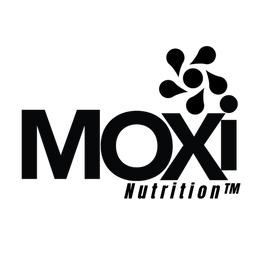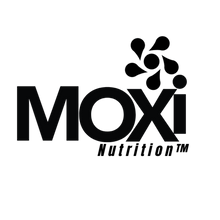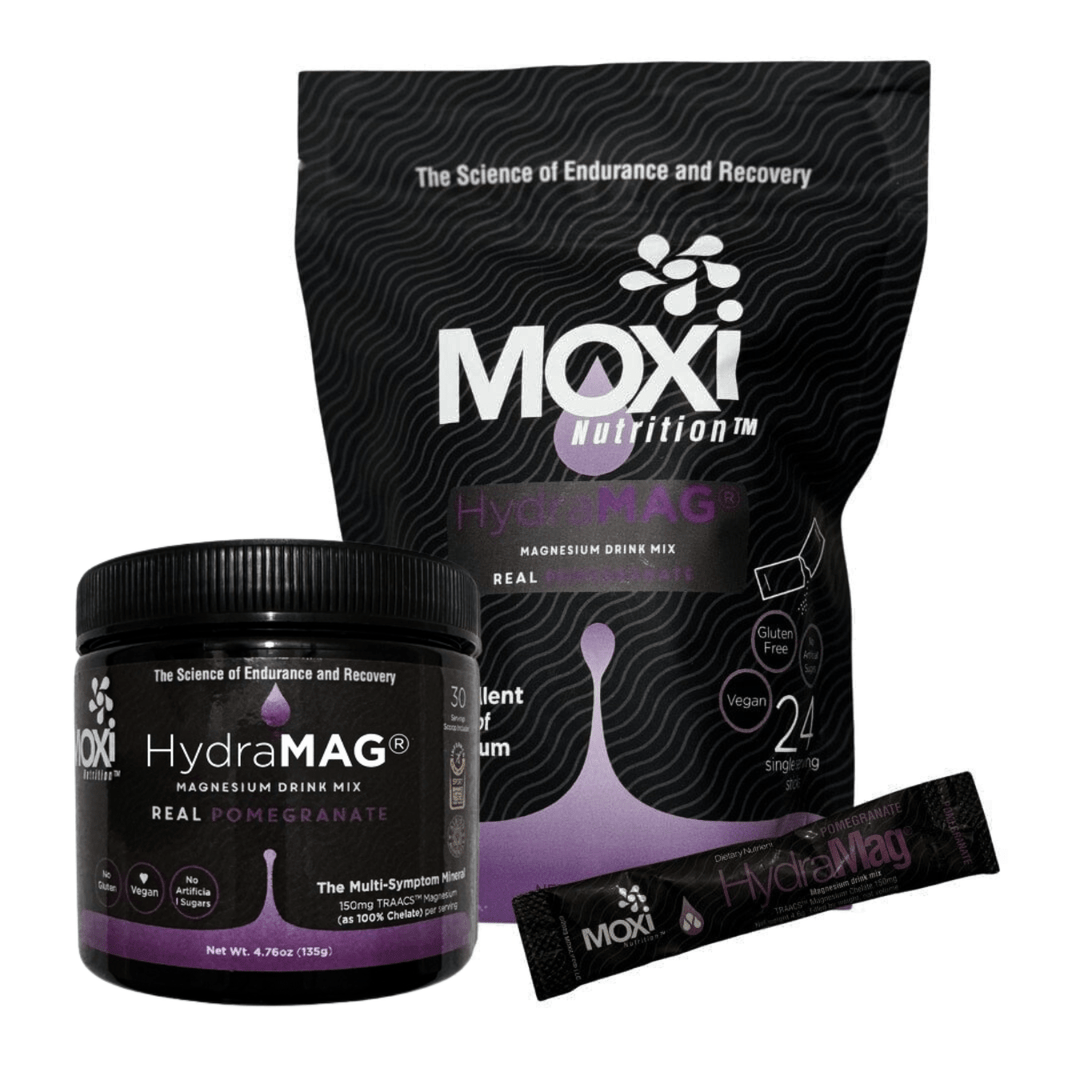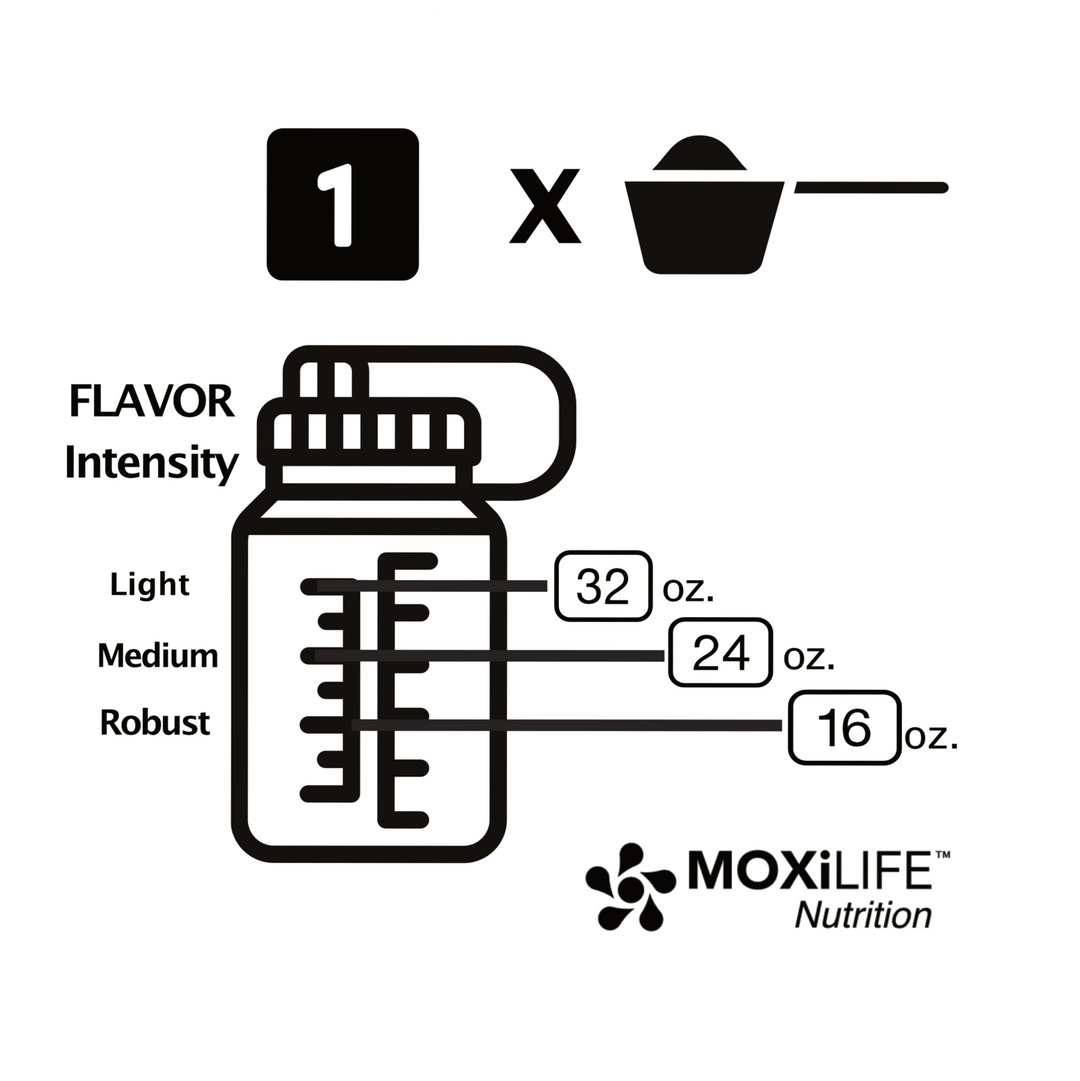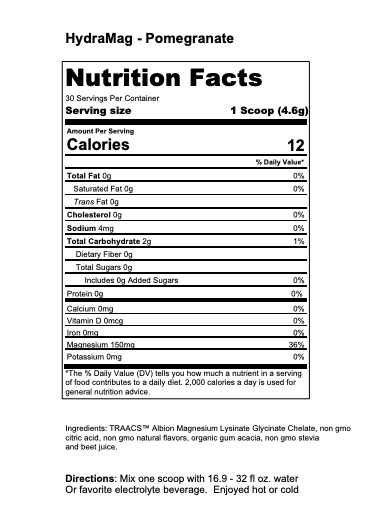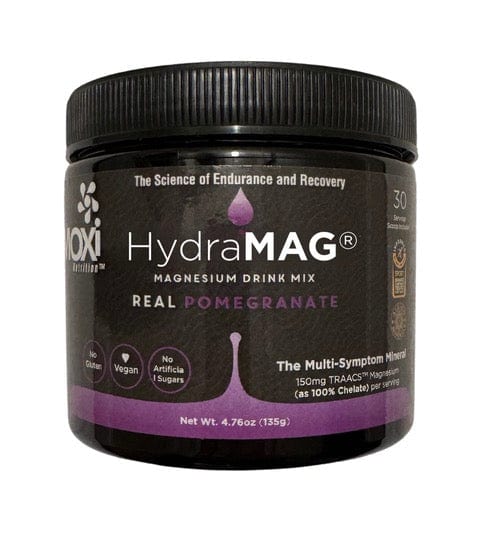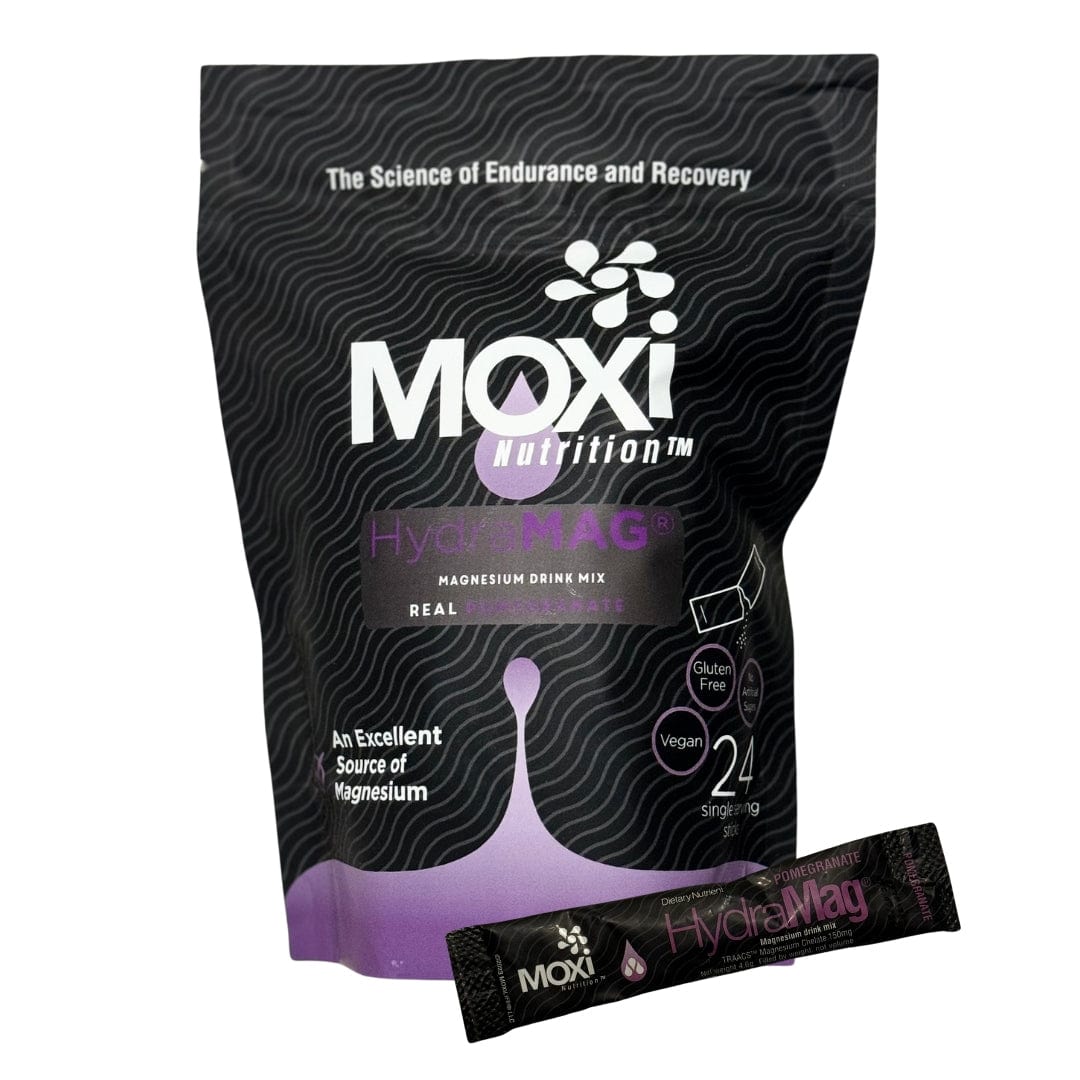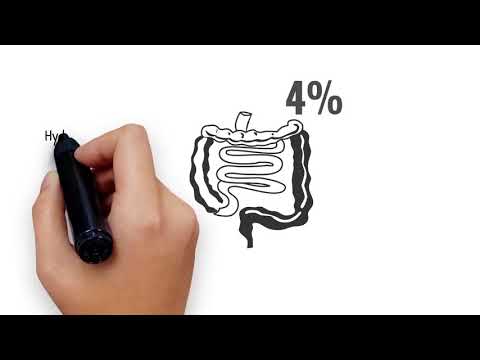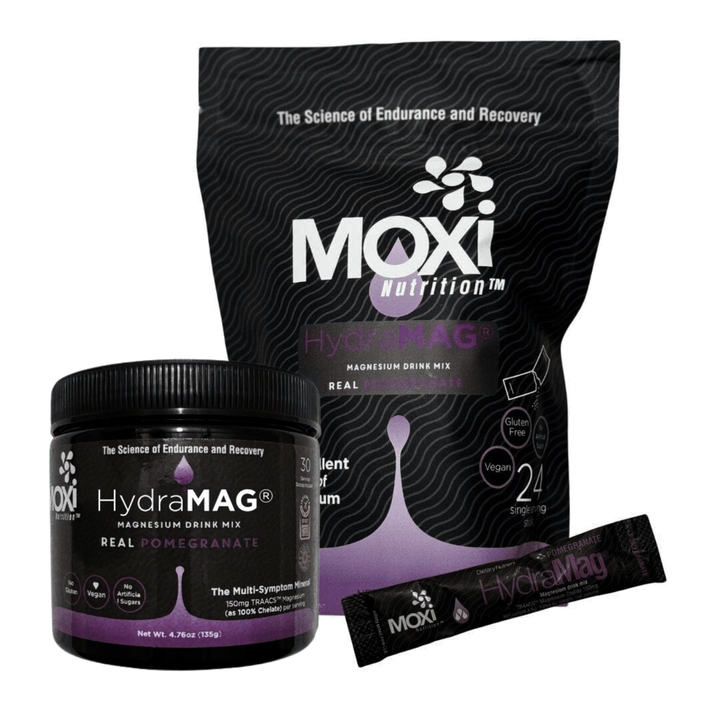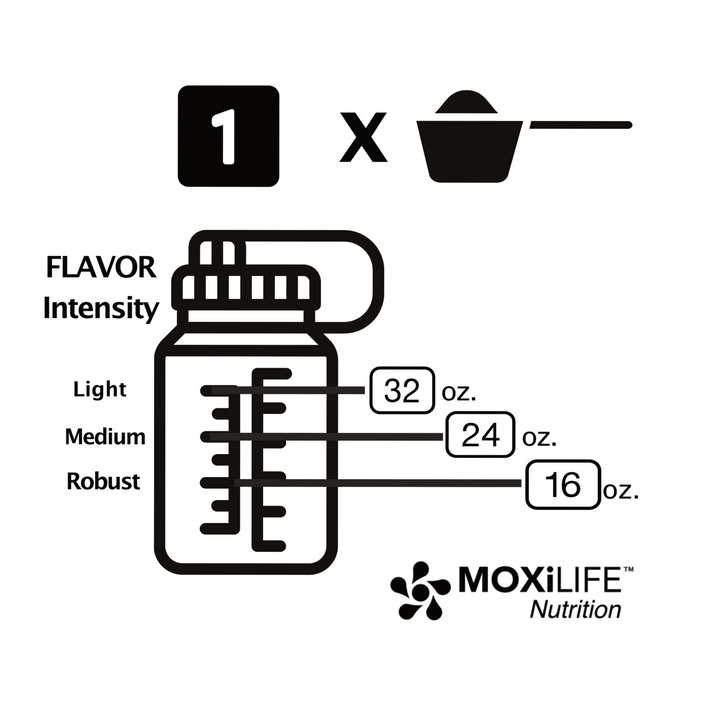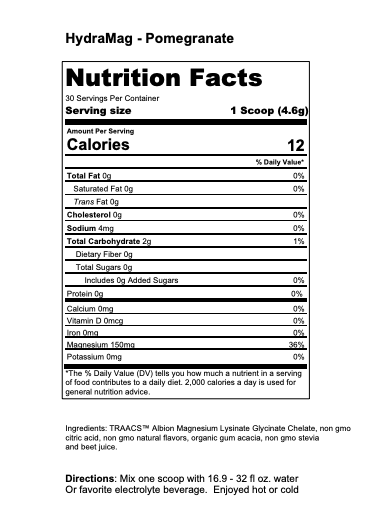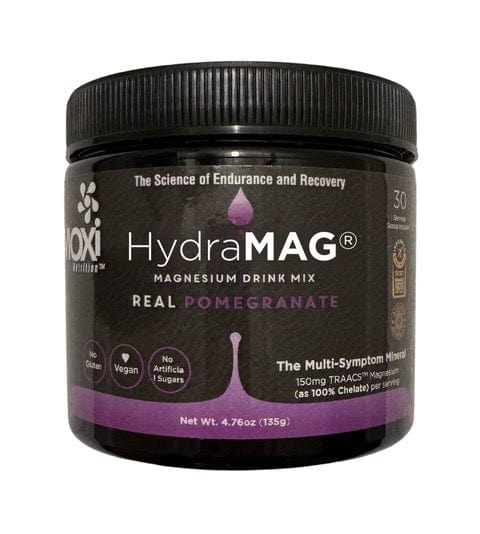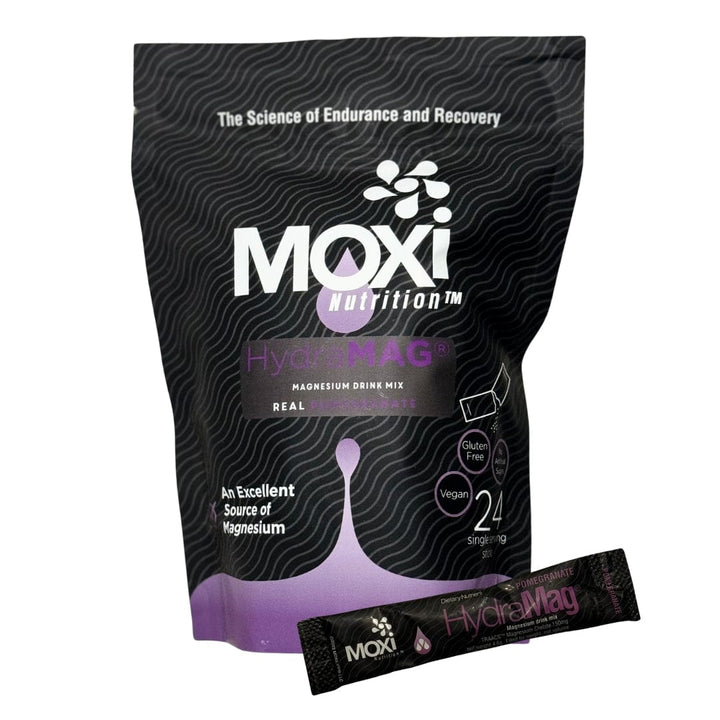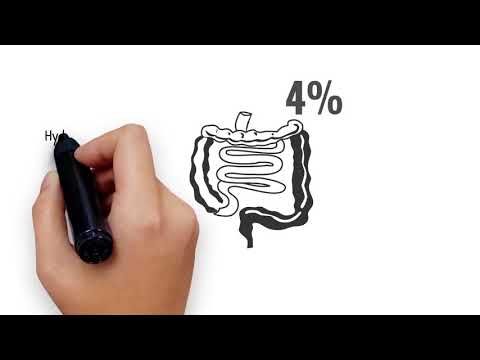Iron Absorption Supporting Nutrients
Nutrition to Elevate Iron Levels.
Certain nutrients can help the body absorb and use iron better and faster.
These include:
- Vitamin C has been shown to enhance iron absorption significantly, and some experts suggest that taking it alongside iron can increase absorption by as much as threefold.
- Copper is another essential nutrient involved in iron absorption and transport in the body and is found in organ meats, shellfish, nuts, and dark chocolate.
- Vitamin B12 plays a vital role in the absorption of iron by helping to break down dietary proteins, supporting digestion, and red blood cell formation. It also helps to convert dietary iron into a form usable by the body. Vitamin B12 is found naturally in animal products such as meat, poultry, eggs, and fish.
- Vitamin A helps to increase the production of a protein called transferrin, which binds to dietary iron and helps transport it to the cells for absorption. Vitamin A also helps to create an acidic environment for iron absorption. Vitamin A is found naturally in animal products such as liver and eggs.
- Selenium helps to increase the activity of enzymes necessary for converting iron from dietary sources into forms usable by the body. Selenium is also essential for the healthy development of red blood cells, which help transport iron throughout the body. Selenium can be found naturally in certain foods such as Brazil nuts, tuna, and brown rice.
- Zinc helps the body convert dietary iron into a form that the body can use. Zinc also helps to regulate iron metabolism and is necessary for red blood cell production and healthy immune system function. Dietary sources of zinc include shellfish, red meat, beans, nuts, whole grains, and dairy products.
- Organic acids such as citrate, malate, tartrate and lactate; fermented foods in general
Cooking out of Iron & Copper pans and skillets can be one of the best ways to get more of these minerals into your system and with a targeted iron deficiency diet may be all you need without supplements.
